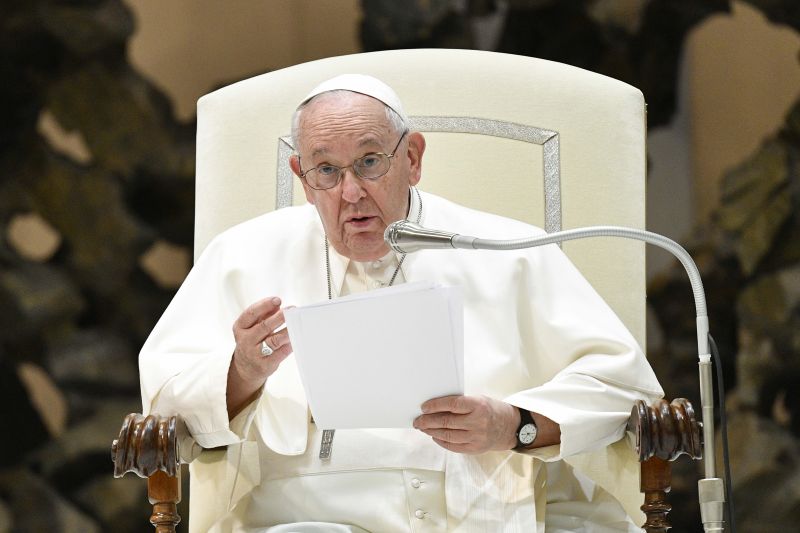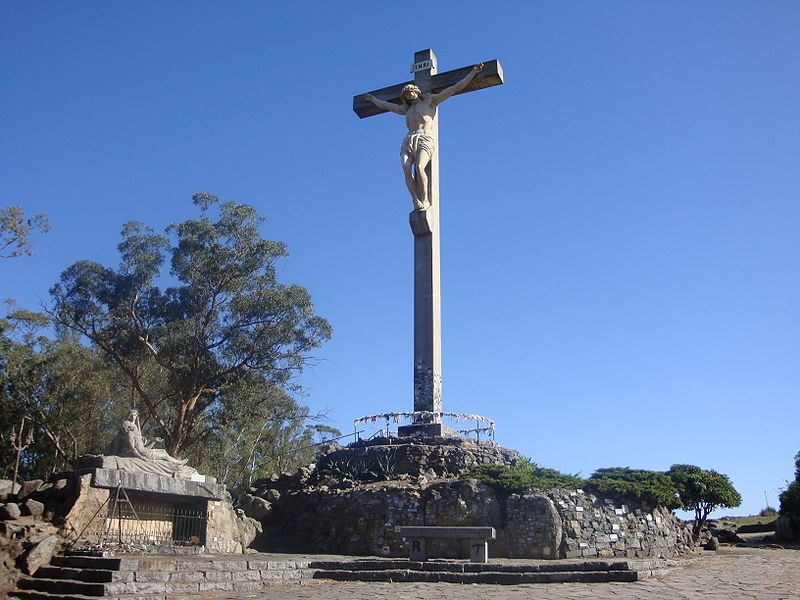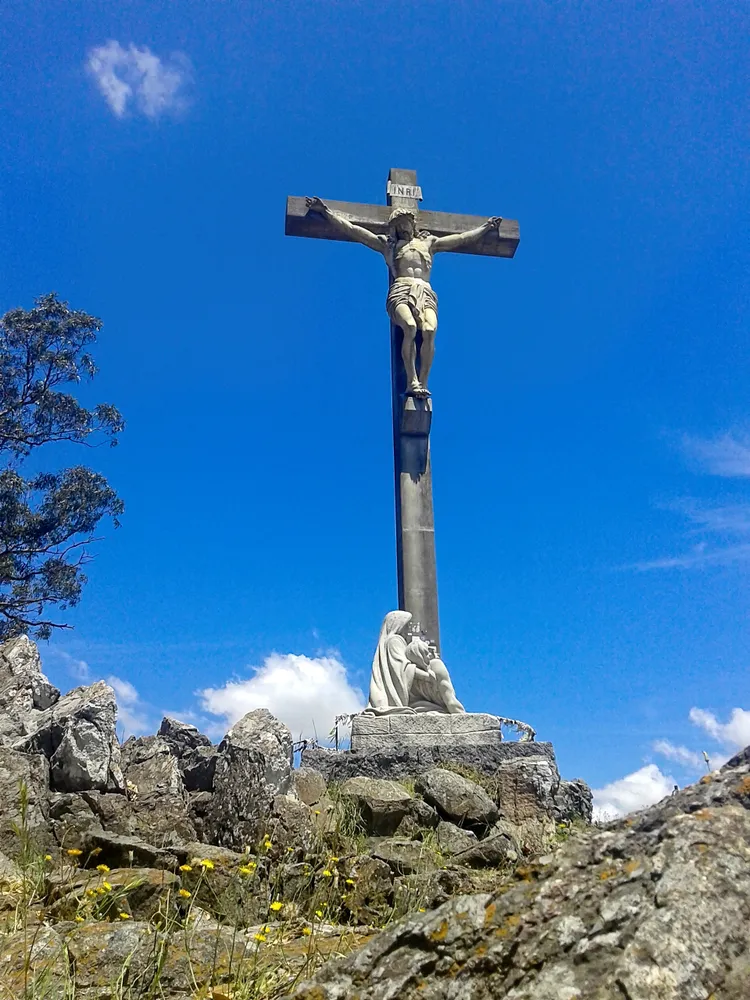
Pope Francis: Gender ideology is ‘one of the most dangerous ideological colonizations’ today
 Pope Francis speaks at the general audience in Vatican City’s Paul VI Hall on Feb. 22, 2023. / Vatican Media
Pope Francis speaks at the general audience in Vatican City’s Paul VI Hall on Feb. 22, 2023. / Vatican Media
Rome Newsroom, Mar 11, 2023 / 05:20 am (CNA).
Pope Francis has said that gender ideology is “one of the most dangerous ideological colonizations” today.
In an interview with journalist Elisabetta Piqué for the Argentine daily newspaper La Nación, Pope Francis explained the reasoning behind his strong statement.
“Gender ideology, today, is one of the most dangerous ideological colonizations,” Francis said in the interview published on the evening of March 10.
“Why is it dangerous? Because it blurs differences and the value of men and women,” he added.
“All humanity is the tension of differences. It is to grow through the tension of differences. The question of gender is diluting the differences and making the world the same, all dull, all alike, and that is contrary to the human vocation.”
Pope Francis has frequently used the term “ideological colonization” throughout the 10 years of his pontificate, particularly to describe instances when aid money for developing countries has been tied to contraceptives, abortion, sterilization, and gender ideologies.
In a conversation with Polish bishops in 2016, Pope Francis said: “Today children — children — are taught in school that everyone can choose his or her sex. Why are they teaching this? Because the books are provided by the people and institutions that give you money. These forms of ideological colonization are also supported by influential countries. And this is terrible!”
The pope told Piqué that he was not currently writing a new encyclical and denied that he had been asked to write a document on the subject of gender.
While he is not writing something on gender ideology, the pope said that he talks about the subject “because some people are a bit naive and believe that it is the way to progress.”
He said that they “do not distinguish what is respect for sexual diversity or diverse sexual preferences from what is already an anthropology of gender, which is extremely dangerous because it eliminates differences, and that erases humanity, the richness of humanity, both personal, cultural, and social, the diversities and the tensions between differences.”
The pope noted that he always distinguishes “between what pastoral care is for people who have a different sexual orientation and what gender ideology is.”
“They are two different things,” he added.
When Piqué asked Pope Francis if he knew that in Argentina people are asked to indicate on official forms if they are male, female, or non-binary sex, the pope said that it reminded him of the “futuristic” novel, “Lord of the World,” written by Monsignor Robert Hugh Benson in 1907.
He said that the book presents the idea of “a future in which differences are disappearing and everything is the same, everything is uniform, a single leader of the whole world.”
In the interview with La Nación — the third papal interview published on March 10 — Pope Francis also reflected on the 10 years of his pontificate, his concern for the war in Ukraine, and why he has not traveled to his native Argentina.
Days ahead of the 10th anniversary of his pontificate on March 13, the pope said that he was especially happy about the legacy of his “pastoral line of forgiveness and understanding of the people, to make room in the Church for everyone.”
Asked to identify any mistakes he might have made in the past 10 years, the pope regretted times when he had lost his patience.
“More than once. It did not appear in the newspapers, but more than once,” he added with a laugh.



